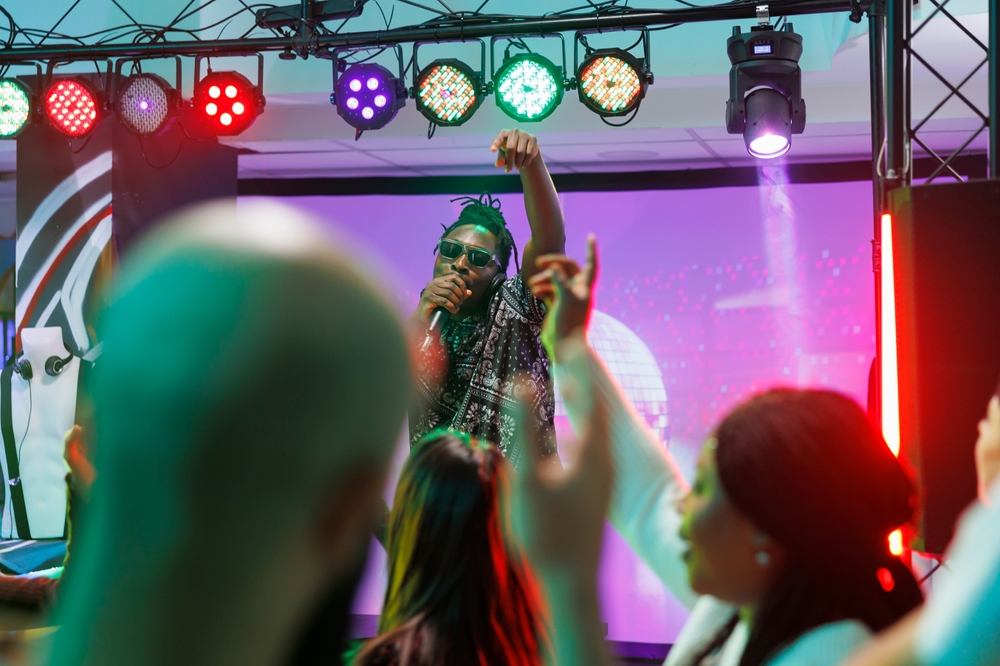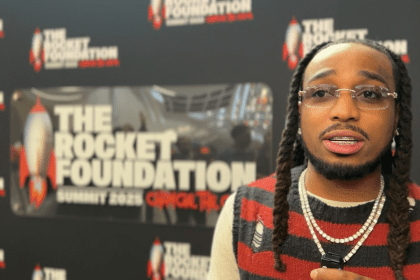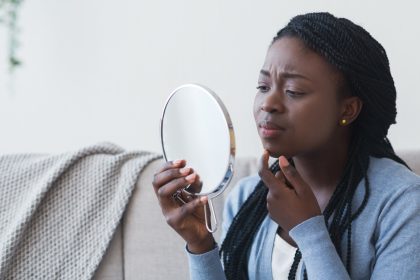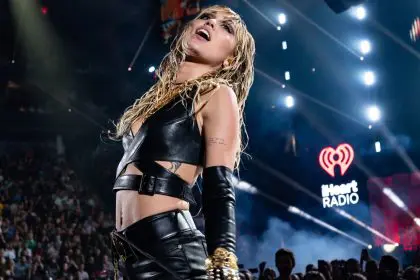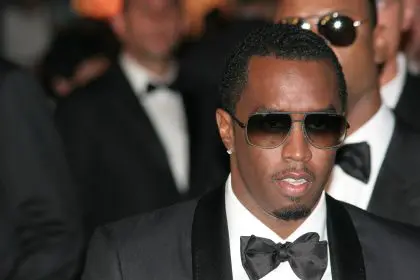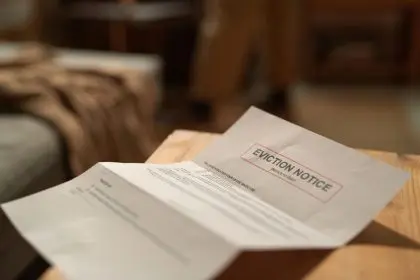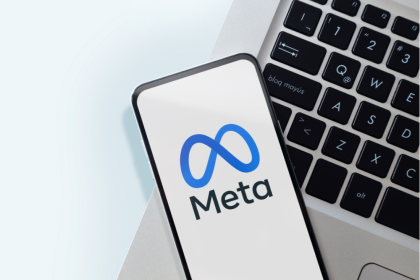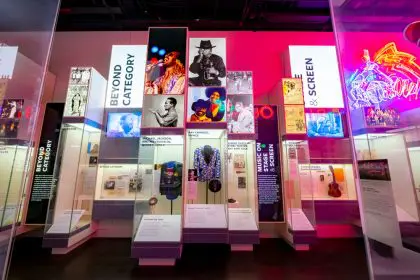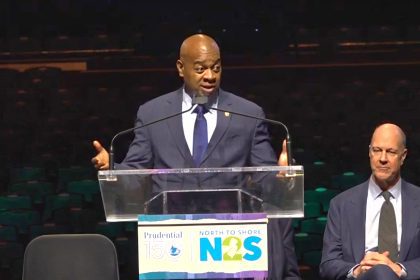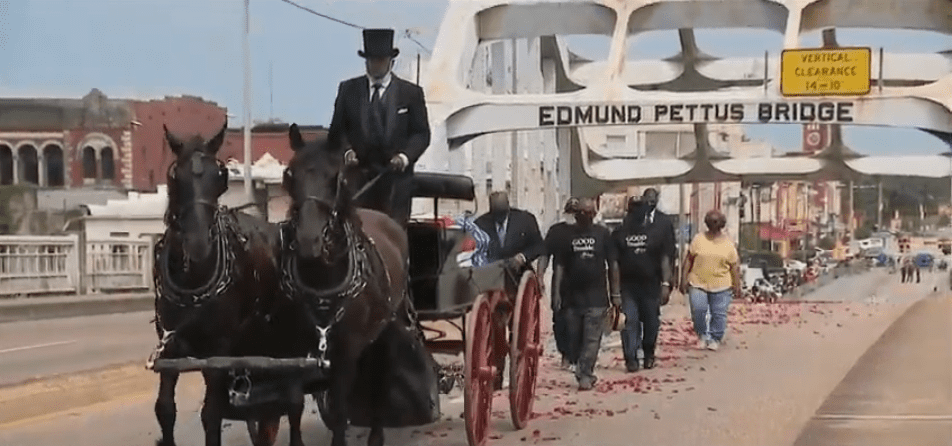The use of rap lyrics as evidence in criminal trials has become a controversial practice in the legal system. This trend raises concerns about freedom of expression, racial bias, and the interpretation of art as literal confession. Here’s an examination of five tactics prosecutors employ when using rap lyrics in court:
Framing lyrics as confessions
Prosecutors often present rap lyrics as autobiographical admissions of guilt. They attempt to link specific lyrics to the defendant’s life or the alleged crime, arguing that the words are factual evidence rather than artistic expression.
Challenges: This approach ignores the creative license inherent in music, where storytelling and exaggeration are common. Critics argue that this tactic unfairly targets a specific genre and its artists, stripping away their right to artistic expression.
Character evidence through music
Beyond direct confessions, prosecutors may introduce rap lyrics as evidence of the defendant’s overall character or criminal intent. Lyrics that don’t specifically relate to the crime in question might be used to depict the defendant as having a propensity for violence or illegal activities.
Stereotyping concerns: This tactic often relies on and reinforces stereotypes about rap music, particularly those that portray it as solely focused on crime and violence. It can be especially damaging when juries are unfamiliar with the genre’s nuances.
Associating lyrics with gang involvement
In cases involving alleged gang-related crimes, prosecutors may use rap lyrics to suggest the defendant’s gang affiliation. References to street life or gang culture in lyrics might be presented as proof of membership or loyalty to a gang, even when other concrete evidence is lacking.
Misinterpretation risks: Gang references in rap are often metaphorical or exaggerated, serving as symbols rather than literal declarations. However, juries unfamiliar with the genre may interpret these references as damning evidence.
Arguing premeditation through music
Prosecutors sometimes use rap lyrics to argue that the defendant had a premeditated or violent mindset before the alleged crime. By presenting aggressive lyrics written or recorded prior to the incident, they may claim the defendant was predisposed to commit the act.
Artistic expression vs. intent: This tactic is particularly problematic when considering rap’s expressive nature, where violent themes might convey emotions or social commentary rather than literal plans for action.
Exploiting cultural biases
Perhaps the most controversial use of rap lyrics in court involves exploiting cultural and racial biases. Prosecutors may tap into negative perceptions of rap music, especially gangsta rap, presenting lyrics as evidence that the defendant glorifies a criminal lifestyle.
Racial implications: This approach often reinforces existing stereotypes about young Black men, especially those involved in rap music. It can lead to the unfair targeting of specific communities and contribute to over-policing and over-prosecution.
The debate over lyrical evidence
The use of rap lyrics in criminal trials has sparked intense debate about the balance between free speech and justice. While prosecutors argue that lyrics can provide insights into a defendant’s state of mind, critics counter that this approach unfairly targets rap music and the communities that produce it.
Double standards: Other genres exploring themes of violence or crime, such as country or rock, are rarely subject to the same level of scrutiny in legal proceedings.
Impact on artistic expression
This practice raises concerns about its effect on creative freedom. Artists may feel pressured to self-censor, knowing their words could be used against them in court. This chilling effect on artistic expression could have far-reaching consequences for the genre and cultural expression as a whole.
Legal reform efforts
As awareness of this issue grows, some states have begun introducing legislation to limit the use of rap lyrics as evidence. These efforts aim to protect artistic expression while ensuring fair trials.
Balancing act: The challenge lies in establishing clear guidelines on when and how artistic expression can be used as evidence without infringing on creative freedoms or reinforcing harmful stereotypes.
Moving forward
The use of rap lyrics in criminal trials requires careful consideration and potential reform. While prosecutors may view them as a tool for securing convictions, the implications extend beyond individual cases, affecting broader cultural and racial dynamics.
Ensuring a fair legal system necessitates a more nuanced understanding of artistic expression in its proper context. As this debate continues, it’s crucial to find a balance that respects both the pursuit of justice and the protection of creative freedom, particularly for marginalized communities most affected by these practices.
This story was created using AI technology.

